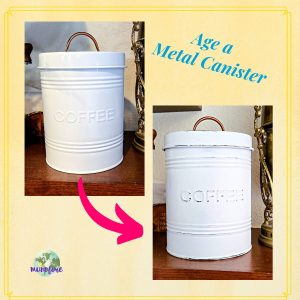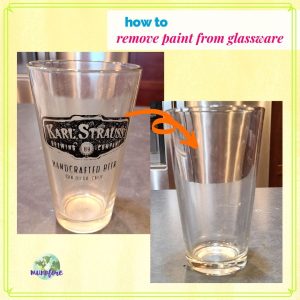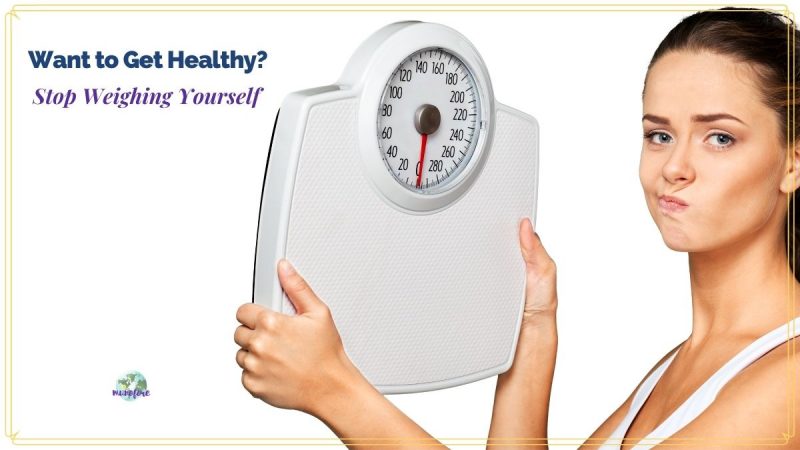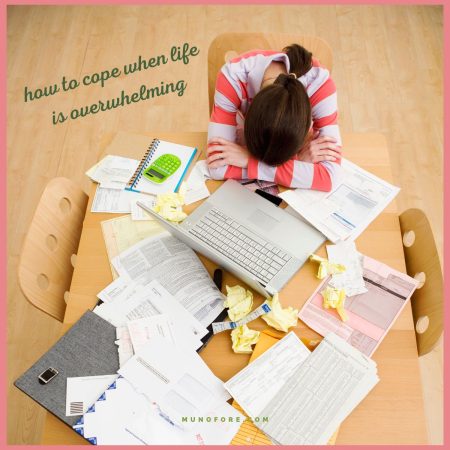Dietary changes can help reduce menopause symptoms and reduce possible health complications post-menopause.
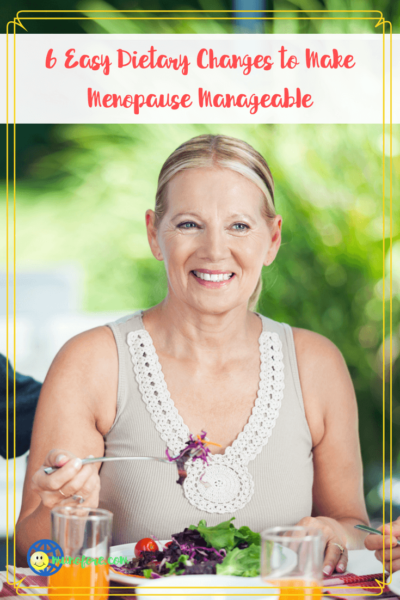
Menopause sucks. Well, that isn't technically accurate. My family is complete so the cessation of my fertility is quite welcome. It is all of the changes that go along with it that can be downright brutal. I am in the later stages of peri-menopause (hopefully!) and have been going through symptoms for quite a few years now.
Much of the information out there, while informative, doesn't always seem to be written from the "Been there done that, got the breathable moisture wicking bamboo t-shirt" perspective. So, I thought I would start a monthly series of articles to help other women in the peri-menopausal to post-menopausal stage deal with some of the issues in a natural way.
Does that mean I judge women who use hormone replacement therapy? HECK NO! I am sure most women and their doctors considered other treatment methods before that option. And even if they didn't it ain't nonna my business.
The posts are going to cover some of those other options such as dietary changes, supplements, stress reducers and more. I am not going to cover the definitions of peri-menopause, menopause and post-menopause. Not am I going to rehash the symptoms and increase in risk of health conditions post menopause. Head over to MayoClinic or WebMd
We are going to start with the most obvious change to consider: diet.
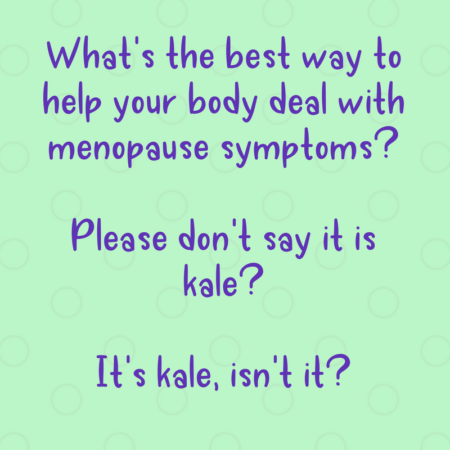
No, you do not have to adopt an all kale diet if you don't like kale, but kale certainly has it's benefits.
If you want to go through menopause in the healthiest way possible, while also working to lower some of the side effects during the transition and health risks after menopause, dietary changes are an easy place to start.
Here are some recommended dietary changes to make.
Reduce Consumption of Fatty Foods
The first thing you need to do if you want to make dietary changes for the relief of your menopausal symptoms is to reduce the fatty foods you are eating. This might be hard at first, but small changes are totally fine. Just remember not only will it help with your menopause, but with overall health as well.
Fatty foods that are loaded with trans fats like margarine and vegetable oil are not good for you and can increase your cholesterol. Try to stick to healthy fats, and you will feel much better.
Shameless plug here: I have an e-guide on healthy fats for subscribers over on my recipe site. It is completely free to subscribe and you get access to a bunch of other subscriber only material plus bi-weekly food fun in your inbox. (end of sales pitch 😉 )
Reduce Sugar and Salt
I didn't say eliminate, I said reduce. Weight gain is usually an issue in menopause and that extra cupcake might help you cope with the momentary mood swings, you probably don't need the extra calories. Treating yourself occasionally is fine, but like with the fatty foods, start by making small reductions and you will soon notice a difference.
As for the salt, it can be a contributor to skeletal and heart issues at any time of life, but these both are much more of a concern post menopause. The easiest way to reduce your sodium intake is to consumer fewer processed foods.
Eliminate the Caffeine and Alcohol
Wait, I thought you said these changes were easy?
The experts want to suck out every last drop of enjoyment out of our lives. How can I be expected to function without my morning cup of coffee and glass of wine at night? Do as I say not as I do!
Studies have shown that both caffeine and alcohol can contribute to hot flashes, urinary incontinence and mood swings. Try eliminating or cutting back your intake and see if it helps alleviate the symptoms.
I am not going to lie to you, I am team moderation on this one. Trust me, my mood swings would be worse without my morning coffee. But that is pretty much it for caffeine for me.
Which foods should you eliminate for a healthy menopause? Which foods should you increase?Increase Your Calcium
One of the more important nutrients to have in your body when you are going through menopause is calcium, but make sure you don’t have too much of it. You want to aim for no more than 1,000 mg a day of calcium between supplements and natural food sources. Natural is always better, so first try to get your calcium from your diet, such as with dairy products or non-dairy milk like coconut milk, as well as vegetables like leafy greens, like KALE! ; )
If you don’t get enough through these sources, then take a supplement every day.
Get More Iron and Fiber
Two more nutrients that are important to include in your diet for menopause are iron and fiber. Both of these help women who are in the menopausal period of life, reducing your symptoms overall and making you healthier.
Iron is often found in eggs, leafy greens (kale again?!), nuts, and red meat, so whether you are a meat eater or not, there are options available to you.
To get more fiber, try whole grains, fruit, pasta, and vegetables.
Eat more Fruits and Veggies
You probably know by now that you should be eating a certain amount of fruits and vegetables each day. This is not only important during menopause, but for overall health at this stage of your life as well. Try to have 5 servings or 2 cups of fruits and veggies every day, more if it fits within your daily diet.
Six important dietary changes every woman should consider for a healthier menopause.Think Lifestyle Changes Not Temporary Quick Fix Diets
For an easier transition through menopause to a healthier lifestyle post menopause you need to abolish the weight loss diet mentality and embrace permanent lifestyle changes. Giving up everything for one month may help shed a few pounds, but if you bounce right back into bad eating habits you are not doing yourself any favors.
Start by making a few changes at a time. Cut back on sugar, salt and caffeine. Increase the fiber, fruit and vegetables. Every month try to do a little more.
Like most things in life, no one experiences menopause the same way. There is no single best eating plan for menopause. Start with these guidelines and see what works best for you. And if you don't like kale, you don't have to eat it (though I have some great recipes if you are interested).






